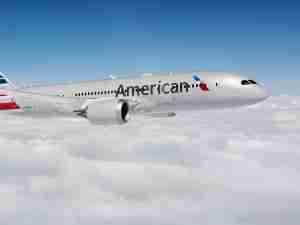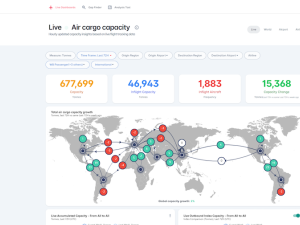Kazakhstan’s Air Astana pledged to stick with expansion plans despite suffering extreme disruption to its routes and travel times following the invasion of Ukraine.
The state-owned company will focus on domestic growth and Asian services after the shuttering of Russian airspace added 90 minutes to trips to Frankfurt and Amsterdam, boosting the flight time by 20%, and forced London-bound jets to refuel en route, Chief Executive Officer Peter Foster said in an interview.
“We will continue to grow steadily,” Foster said. Air Astana is due to receive four Airbus SE A320 narrow-bodies and three longer-distance A321LRs this year, he said, followed by a further three A320s and two A321LRs in 2022.
Still, there are no immediate plans to convert a letter of intent for 30 single-aisle Boeing Co. 737 Max jets into firm orders, and Foster said that while demand is holding up, it’s too early to assess prospects for the summer.
Kazakhstan’s sparse population and location far from major cities has led it to operate narrow-body planes at the limit of their range. At the same time, it has made a virtue of its position south of the Russian landmass to provide one-stop links between locations such as London and Tokyo—until fallout from the war upended the strategy.
While Kazakhstan hasn’t imposed sanctions on Moscow, Air Astana said Friday that insurance cover for flights to, from and over Russia had been withdrawn.
Capacity to the country, accounting for 9% of the total, is being redeployed to Turkey, India, Georgia and domestic destinations, while forced diversions are some of the most onerous for the length of the flights involved.
London-bound services have been worst hit, Foster said, with flights from the Kazakh capital Nur-Sultan having to fuel up in Aktau on the Caspian Sea before completing the trip to the U.K.
“Advanced bookings are pretty strong, but a lot of that was done before Ukraine conflict,” Foster said. “We haven’t many cancellations yet at all, but it will depend on developments within next few weeks.”
Costs are also a concern, with fuel prices climbing and the tenge, Kazakhstan’s currency, losing 15% of its value since economic partner Russia began its attack. Air Astana is hedged on 35% to 40% of its fuel needs this year, but hasn’t taken steps to cover 2023 requirements.
BAE Systems Plc, Europe’s biggest defense firm, owns 49% of Air Astana after helping to found the carrier in 2002 as part of an ultimately abortive attempt to sell radar equipment to the Kazakh government.









